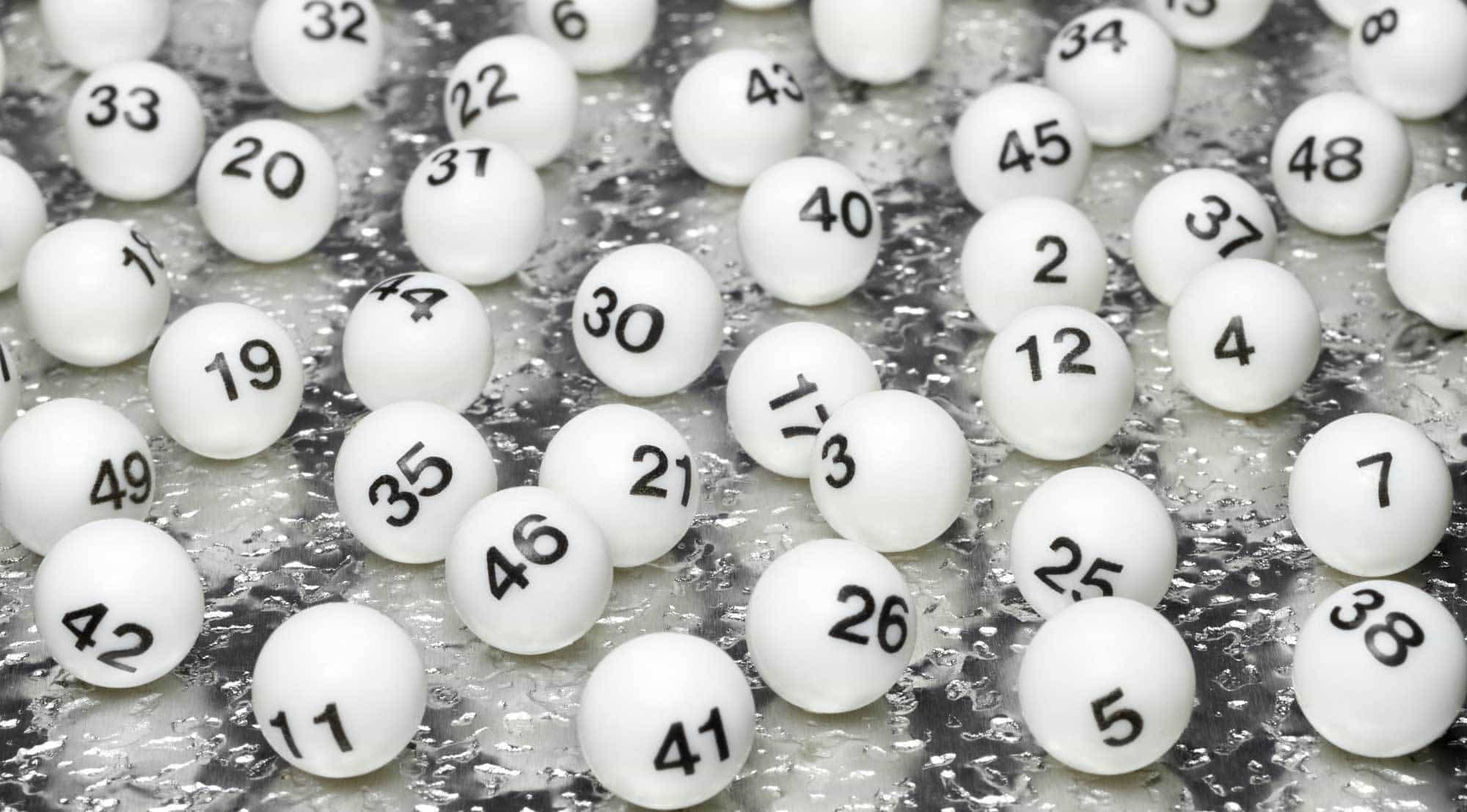The TEF results have come and gone, and the press has predictably declared some of the nation’s best universities to be ‘second-rate’. One lesson to be drawn from the past few months is that there are plenty of people determined to kick the British university system for no better reason than that it remains world-class despite an overriding spirit of national decay. The TEF has fed such commentators an easy line.
But setting aside those frustrations, what might we learn from initial responses across the sector? What might they tell us about the fault-lines in debates over TEF as we move forward?
Only the one tantrum? Really?
Just a hunch, this, but I reckon that when Christopher Snowden, vice chancellor of Southampton, cut loose within hours of his university’s Bronze award being announced, he rather expected to be leading a chorus. A concerted vice-chancellorial spitefest might have battered a hole in the TEF.
Tantrums there must surely have been, but Snowden is to date the only one (as far as I know) to have taken his into the public domain. I suspect he’ll regret it. Meanwhile, there are some outstanding examples of how to present mediocre news. Bristol, for instance, takes the opportunity to boast about other league table successes, and lists some “ongoing improvements”. UCL’s Michael Arthur boldly concedes that there remains another level beyond Silver: “UCL puts education firmly on a par with research and we will not be satisfied until we have achieved a gold standard”.
Maybe those statements are easier to articulate when one’s institution has outperformed expectations, but their focus on the future is smart. That’s also preferable to the vainglorious puff produced by some of the golden ones. But perhaps the dominant impression, certainly from non-Gold Russell Group universities, is a desire that this whole bloody thing will just go away. Some don’t even mention TEF on their websites. Others waited a day or so to do so, having had the information two days before its release. Listen carefully: that’s the sound of institutional passive aggression.
All of which suggests that the TEF has roughly the same level of security as Brexit. It will probably survive, but plenty of people will try to soften it or blow it out of the water in the months and years to come.
But when did words ever matter?
What, then, do responses indicate about the possible shapes TEF might assume? For me, one surprising aspect of the post-results commentary has been criticism that provider submissions have influenced the panel’s judgement. In other words, a set of metrics that indicated a lower grade has in some instances been trumped by fifteen pages of prose – or, in a couple of PVC-career-wrecking cases, vice versa.
Goddamn, the university system in this country is addicted to metrics. We’ll bicker forever and a day about what those metrics should be, then we’ll cry foul when they aren’t followed slavishly by the experts we’ve put in place to exercise some discretion. Why not just use a computer next time?
I’d argue, on the contrary, that those submissions are a critical part of the process. When I was involved in producing my university’s statement, I was vaguely aware that it probably wouldn’t much matter since our metrics were already good. Yet, as I’ve written before, the process of that document’s composition, which involved senior figures across the university, was part of TEF’s point. It focused minds on what we were doing well, and what we could be doing better. Now we’ll work through the submissions of other successful universities, looking for further ways to improve.
Anyone who argues that these documents should be disregarded doesn’t understand the relation between self-reflection and transformation. But it seems that this point might need to be made to metrics-heads in reviews to come. Moreover, those arguing that a Gold rating will lead to complacency similarly fail to understand how such levels of performance have been achieved. My university’s Gold award is the result of a decade or more of relentless attention to the student experience. Nobody can expect to slack off for a couple of years and revive things in time for the next assessment.
Future medalling
I think I’ve made my disdain for the Olympic-style medals clear enough already. But I appreciate the dilemma. The architects of TEF wanted something that couldn’t easily be brushed aside. They also wanted to avoid the silliness of meaninglessly fine league-table gradations, of the kind produced by the National Student Survey. Chris Husbands, the TEF Chair, has been quick to rubbish league tables produced on the basis of the TEF results.
It seems to me that some of this year’s Silver medallists might have pointed the way to the future in their press releases. Warwick’s headline, for example, states simply: “Government declares Warwick teaching ‘excellent'”. And so it did. By implication it declared certain other universities to be ‘outstanding’. Perhaps those Bronze universities, meanwhile, were ‘good’. Maybe that sounds a bit OFSTED-ish, but there’s a value in that kind of recognition.
One interesting question, though, is grade-inflation. A system of medals suggests there will always be a decent proportion of Bronzes. But what if TEF does its job and raises levels of performance? Will panels of the future reward those improvements, or systematically raise the bar?
I’m betting the TEF will continue for a while, though it’s bound to change. Focusing on proxies of teaching quality, though unpopular with some, remains the only feasible method. Medals remain irredeemably mad. Subject-level assessment looks as cumbersome and impractical as ever. Linking the right to raise fees to a Silver rating or Gold rating, and not messing around with gradations between them, looks like a sensible modification of the crazily finely-grained model originally proposed. And honestly, even the LSE might be able to get Silver if they set their minds to it.













